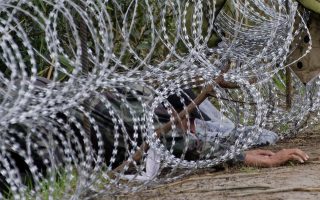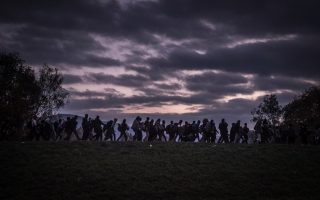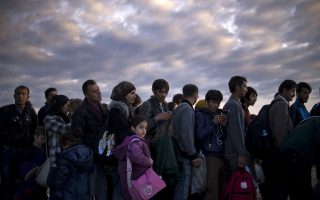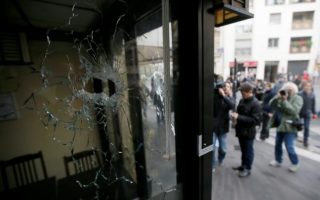Terrorism sets its own rules
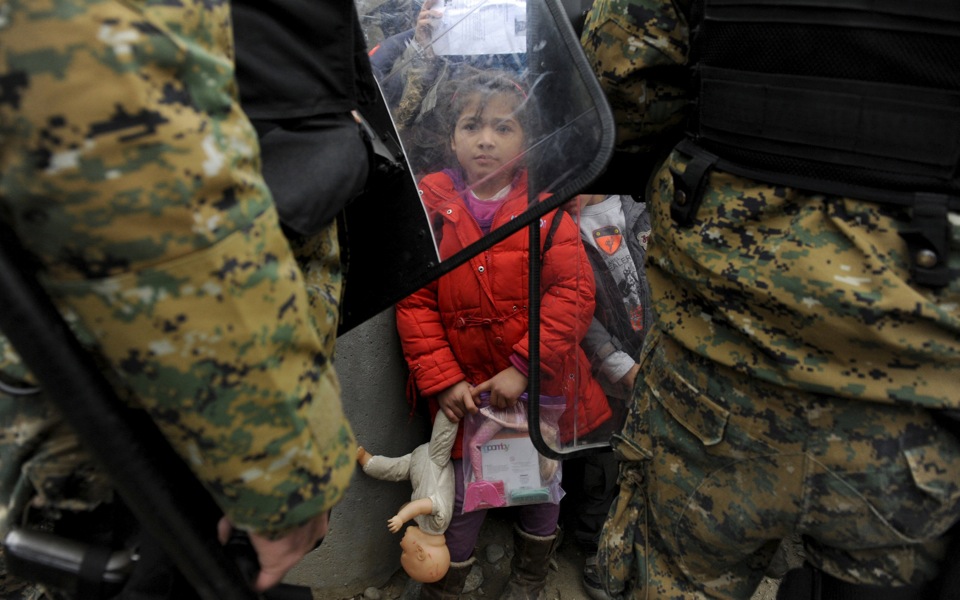
The Schengen Agreement signed in June 1985 between five European nations in the town of the same name in Luxembourg, was aimed at the gradual abolition of border checks at the signatories’ common borders, leading to the free movement of residents and goods between the states that had signed the pact.
This Friday, the ministers of interior affairs and justice of the European Union’s 28 member-states agreed to increase controls on the outer borders of the bloc, a measure that would also apply to European citizens. They further called on the European Commission to conduct a review of the original agreement by the end of the year so that it addresses these new calls for stricter rules at the borders.
In the 30 years that have passed from 1985 to the present day, one of the most important achievements in the bloc, one that defines our relationship to the rest of the world – the freedom to move without hindrance within the EU – is being put into question. Or, to be more precise, is being put under “review,” possibly one that will lead to its eventual abolition.
Terrorism has set its own rules. And the West is having to address its own mistakes and oversights, with justified fear, aberration and embarrassment. The new era that dawned in Europe last Friday in Paris will not end anytime soon. Yesterday’s attack by Islamist militants on a luxury hotel in Mali and the taking of dozens of hostages highlights just how broad the scope of this battle has become.
When French President Francois Hollande said “We are at war” last Friday, it was no emotional outburst. The difference between what we perceive war to be and what we are experiencing today is that the enemy is not standing across from us, but among us, lost in the crowds, not in uniform, not showing any tell-tale insignia. They take lives and freedoms, and dictate social limits and political positions. As much as we may argue that the habits of day-to-day life are strong and will prevail, such powerful blows tend to alter it. Every movement, inside or outside our borders, is conducted with some level of trepidation.
The world has suddenly become narrower, smaller, and Greece is in a particularly vulnerable position as it is at risk of becoming isolated while having thousands of refugees and migrants inside it. Alliances and cohesion may sound wonderful but they consist of complex processes that require nation states to undergo tectonic shifts. In the meantime, the enemy is armed with the most powerful weapon of all: unpredictability.
